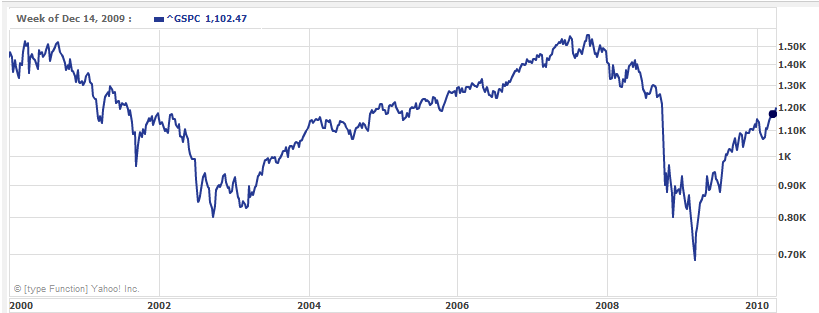Low or No Surprises Supports the Case for Annuities in Retirement
In a basic sense, information theory measures the level of surprise in a message.
A highly informative message will come as a complete surprise and tell you something about which you had no previous knowledge.
Sounds pretty good, right—of what use is it to be told what you already know? Well, there are actually cases where information is not so welcome.


